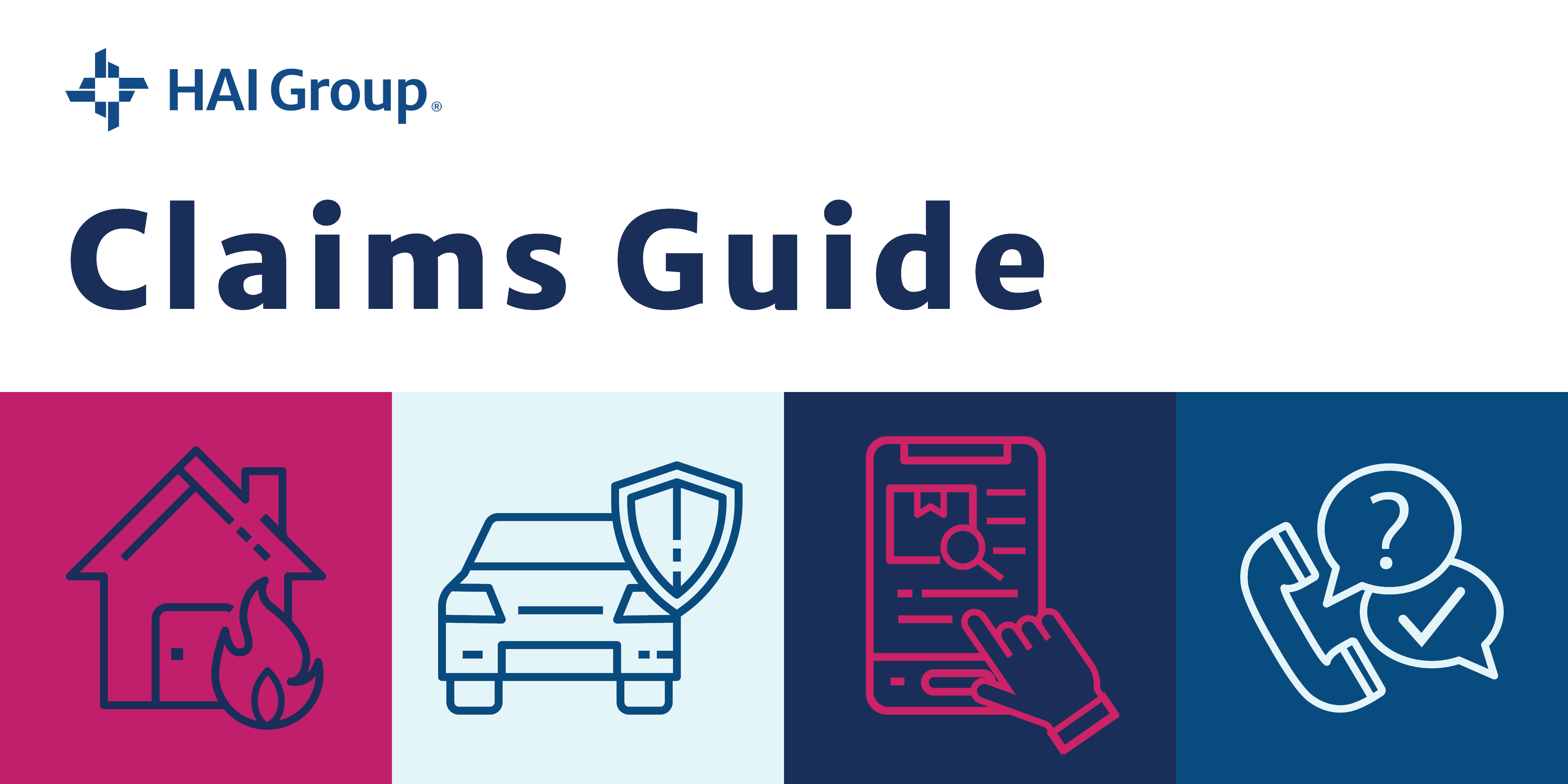If you’re a policyholder at HAI Group, we want you to know that we have your back. We don’t disappear once your policy is issued. On the contrary, our goal as your insurance carrier is to establish a relationship with you and communicate regularly to ensure your organization is protected.
If your organization makes any changes, especially regarding development activity, we need to know about it ahead of time so we can ensure contract terms are fair and you’re not over- or under-insured.
To that end, we established our Account Services team in 2017 to provide every policyholder with a dedicated account executive. Your account executive can communicate policy changes, explain existing coverages, help secure additional coverages outside of HAI Group’s core offerings, and provide general support when questions arise.
Let’s explore a few examples of the value your account executive can provide as it relates to property development.
Act as your agent to secure any lender-required insurance coverages
Lenders often require non-traditional coverages, some of which can feel unnecessary (we touch on that further in the next section). In some cases, there’s no way around them, and you need to close the deal. So, where do you go to procure that coverage?
Every HAI Group account executive is a licensed agent that can go out to a robust network of partners to place coverages that we don’t write internally.

“We have all the same capabilities and knowledge you’d be getting from an outside, independent agent,” said HAI Group Senior Account Executive Kathy Cudmore.
What’s the benefit of working with your account executive for agency services? If you’re a housing authority insured with us, this service is free, and you don’t need a request for proposal (RFP), which helps expedite the process. This also consolidates all your lines of coverage with one carrier, making things a little simpler for you.
So, next time you need a standalone coverage that we don’t offer directly through our property and liability policies, give your account executive a call.
Negotiate with lenders to remove unnecessary insurance requirements
Many housing authorities across the country are taking advantage of the Rental Assistance Demonstration (RAD) program to secure the private equity necessary to make long overdue capital improvements to properties.
Lenders may include difficult or unnecessary insurance requirements, but once you sign the lending agreement, there isn’t much we can do. If you loop your account executive into the conversation before any contract is signed, we can negotiate more favorable conditions on your behalf.
“Lenders don’t always speak insurance,” Cudmore said. “They often use templated forms and ask for coverage you don’t need.”
In one instance, a housing authority created an independent entity as part of its RAD conversion process. The entity didn’t have any employees or vehicles, yet the lending agreement with the entity required workers’ compensation and auto coverage.
In another RAD situation, a lender required ordinance and law coverage, which is designed to cover the cost of bringing a property up to code. But the project itself was designed to rehabilitate the property and bring it up to code, calling into question whether the ordinance and law coverage was needed.
“We can negotiate with the lenders to potentially drop certain insurance requirements,” Cudmore said. “We explain to the lender that we’re the insurance professional handing the project, and that the coverage they’re requesting isn’t necessary.”
Another example is a lender based in California (where earthquakes are typical) that required a RAD property in Virginia (where earthquakes are rare) to have earthquake coverage. In some instances, lenders also require burdensome coverage limits that don’t align with the risks involved in the project.
“Some of the requirements are illogical and are based on other types of commercial and industrial projects, like the construction of a warehouse,” Cudmore added. “We can work with you to negotiate lender insurance requirements so they’re more reasonable and appropriate to the risks involved. But that needs to happen before you sign the lending agreement.”
Confirm that your development entity is adequately insured
Housing authorities that reposition properties typically establish a separate legal entity (owner entity) to take on the development, ownership, and management of converted properties.
Sometimes, these entities (e.g., for-profit corporation, non-profit corporation, limited liability corporation, limited partnership, etc.) are legally separate from the housing authority, even though they may only appear to differ in name.
But if an owner entity is legally separate from a housing authority, there are serious insurance implications, Cudmore said.
“Sometimes, people think because the housing authority is covered, its development arm is also covered,” she said. “That’s not always the case. We can review how the entity is set up to determine which coverages are necessary, and which aren’t.”
In some cases, housing authorities transfer employees to the owner entity to assist with property management and maintenance. These employees can often share the same office space, further blurring the lines between the housing authority and the entity. As noted in the previous section, an entity without employees doesn’t necessarily need employee-centric insurance coverage. But that changes if the entity does take on employees, Cudmore said.
Housing authorities also typically have tenant discrimination coverage that's triggered if a resident of a covered property sues the housing authority for alleged discrimination.
"We can advise whether the owner entity should consider this coverage as well," Cudmore said, adding that if the housing authority wholly owns the entity, there may be an opportunity to combine coverages.
Protect your organization from adverse actions taken by your private management firm
If you’re considering a partnership with a private management company, it’s critical that you send the contract to HAI Group before signing it.
“We can review the terms of the contract to ensure the firm is properly covered and your organization isn’t held liable for any actions taken by the management firm,” Cudmore said.
In some cases, a management firm will carry its own insurance and list the housing entity as a named insured, meaning the entity is listed as an insured in an insurance policy.

“If you’re a named insured and the management firm cancels its insurance, you’re left high and dry,” Cudmore said. “We can make sure that the contract includes a notification requirement for any insurance cancellation so there’s no lapse in coverage.”
We’ll also review whether the firm has the proper coverages in place, such as tenant discrimination. If the management firm doesn’t have the proper coverage, your organization, as the property owner, may become a target.
“Often, management firms just carry general liability coverage, which isn’t adequate,” Cudmore said. “General liability protects against incidents like slips and falls, but that’s not the only exposure. The primary exposure is professional liability. For example, if a resident alleges discrimination or improper eviction.”
Contact our Risk Control and Consulting team for more resources and answers to your housing organization’s risk-related questions.
Interested in learning more about the coverage solutions we offer? Connect with a member of our Account Services team.
This article is for general information only. HAI Group® makes no representation or warranty about the accuracy or applicability of this information for any particular use or circumstance. Your use of this information is at your own discretion and risk. HAI Group® and any author or contributor identified herein assume no responsibility for your use of this information. You should consult with your attorney or subject matter advisor before adopting any risk management strategy or policy.
HAI Group® is a marketing name used to refer to insurers, a producer, and related service providers affiliated through a common mission, management, and governance. Property-casualty insurance and related services are written or provided by Housing Authority Property Insurance, A Mutual Company; Housing Enterprise Insurance Company, Inc.; Housing Specialty Insurance Company, Inc.; Housing Investment Group, Inc.; and Housing Insurance Services (DBA Housing Insurance Agency Services in NY and MI).







